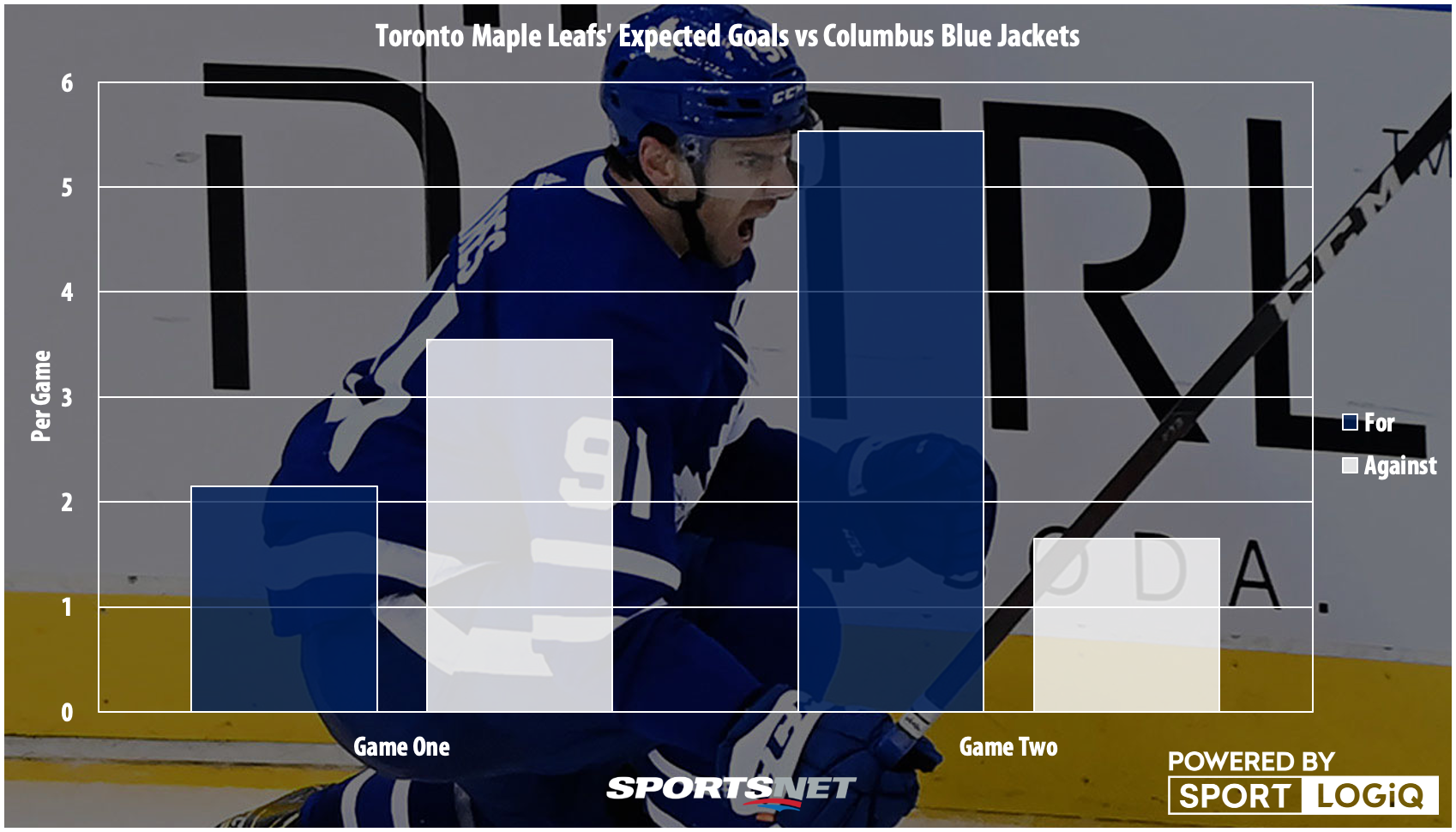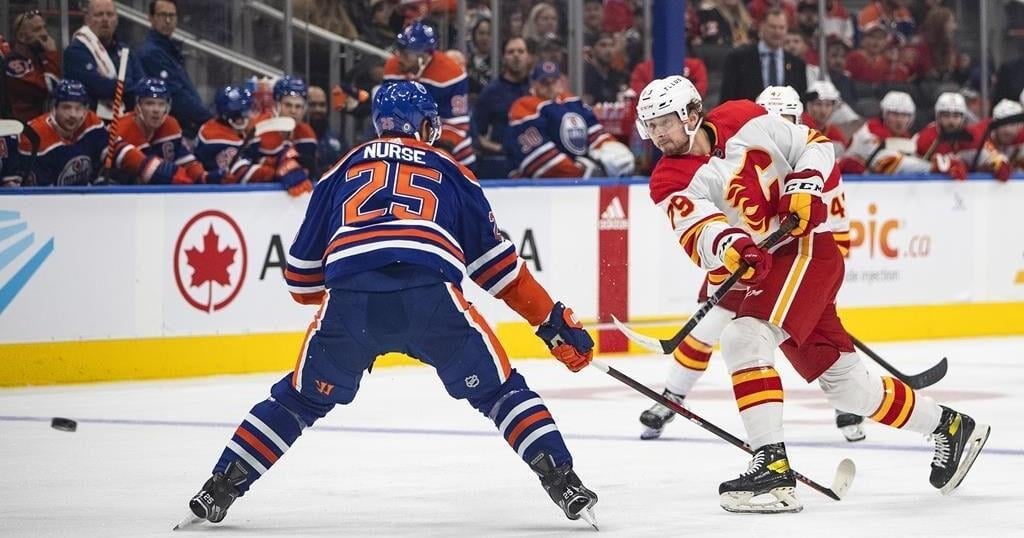PENTICTON, B.C. – Rick Tocchet has already warned his Vancouver Canucks players — the looming NHL season won’t be easy.
The team made strides last year, the head coach said Wednesday ahead of training camp. The bar has been raised for this year’s campaign.
“To get to the next plateau, there are higher expectations and it’s going to be hard. We know that,” Tocchet said in Penticton, B.C., where the team will open its camp on Thursday.
“So that’s the next level. It starts day one (on Thursday). My thing is don’t waste a rep out there.”
The Canucks finished atop the Pacific Division with a 50-23-9 record last season, then ousted the Nashville Predators from the playoffs in a gritty, six-game first-round series. Vancouver then fell to the Edmonton Oilers in a seven-game second-round set.
Last fall, Jim Rutherford, the Canucks president of hockey operations, said everything would have to go right for the team to make a playoff push. That doesn’t change this season, he said, despite last year’s success.
“The challenges will be greater, certainly. But I believe the team that we started with last year, we have just as good a team to start the season this year and probably better,” he said.
“As long as the team builds off what they did last year, stick to what the coaches tell them, stick to the system, stick together in good times and bad times, this team has a chance to do pretty well.”
Some key players will be missing as Vancouver’s training camp begins, however.
Canucks general manager Patrik Allvin announced Wednesday that star goalie Thatcher Demko will not be on the ice when the team begins it’s pre-season preparation.
Allvin did not disclose the reason for Demko’s absence, but said the 28-year-old American has been making progress.
“He’s been in working extremely hard and he seems to be in a great mindset,” the GM said.
Demko missed several weeks of the regular season and much of Vancouver’s playoff run last spring with a knee injury.
The six-foot-four, 192-pound goalie has a career 213-116-81 regular-season record with a .912 save percentage, a 2.79 goals-against average and eight shutouts across seven seasons with the Canucks.
Allvin also announced that veteran centre Teddy Blueger and defensive prospect Cole McWard will also miss the start of training camp after each had “minor lower-body surgery.”
Vancouver previously announced winger Dakota Joshua won’t be present for the start of camp as he recovers from surgery for testicular cancer.
Tocchet said he’ll have no problem filling the holes, and plans to switch his lines up a lot in Penticton.
“Nothing’s set in stone,” he said. “I think it’s important that you have different puzzles at different times.”
The coach added that he expects standout centre Elias Pettersson to begin on a line with Canucks newcomer Jake DeBrusk.
Vancouver inked DeBrusk, a former Boston Bruins forward, to a seven-year, US$38.5 million deal when the NHL’s free agent market opened on July 1.
The glare on Pettersson is expected to be bright once again as he enters the first year of a new eight-year, $92.8 million contract. The 25-year-old Swede struggled at times last season and put 89 points (34 goals, 55 assists) in 82 games.
Rutherford said he was impressed with how Pettersson looked when he returned to Vancouver ahead of camp.
“He seems to be a guy that’s more relaxed and more comfortable. And for obvious reasons,” said the president of hockey ops. “This is a guy that I believe has worked really hard this summer. He’s done everything he can to play as a top-line player. … The expectation for him is to be one of the top players on our team.”
A number of Canucks hit milestones last season, including Quinn Hughes, who led all NHL defencemen in scoring with 92 points and won the Norris Trophy as the league’s top blue liner.
Several players could once again have career-best years for Vancouver, Tocchet said, but they’ll need to be consistent and not allow frustration to creep in when things go wrong.
“You’ve just got to drive yourself every day when you have a great year,” the coach said. “You’ve got to keep creating that environment where they can achieve those goals, whatever they are. And the main goal is winning. That’s really what it comes down to.”
This report by The Canadian Press was first published Sept. 18, 2024.


























